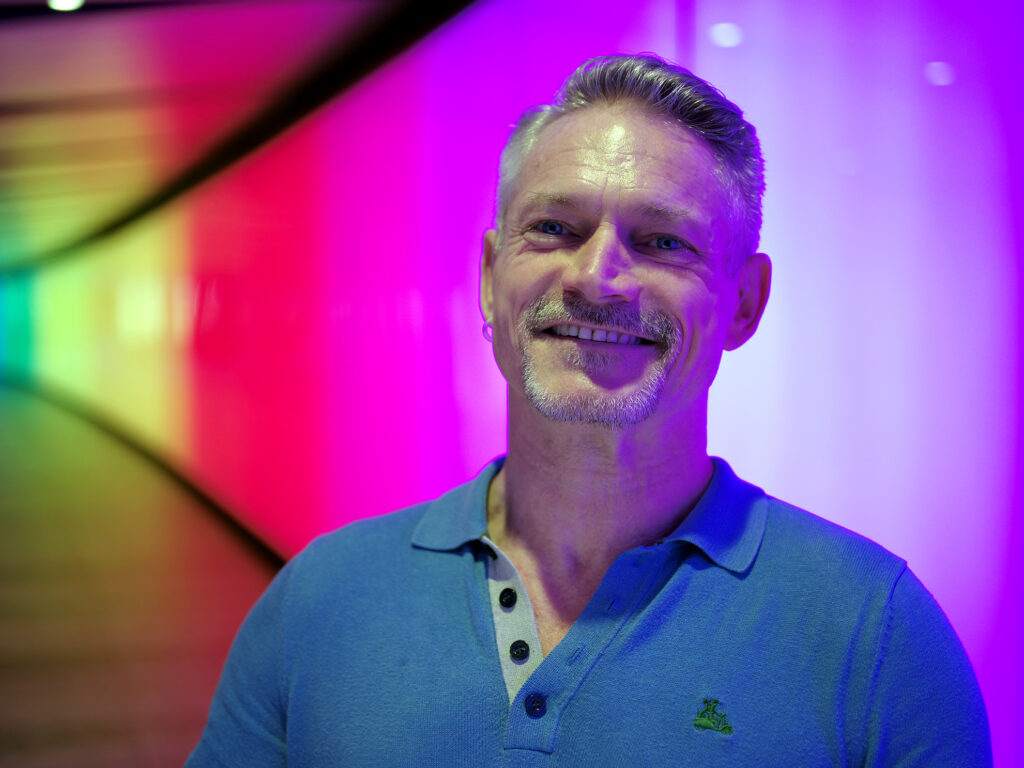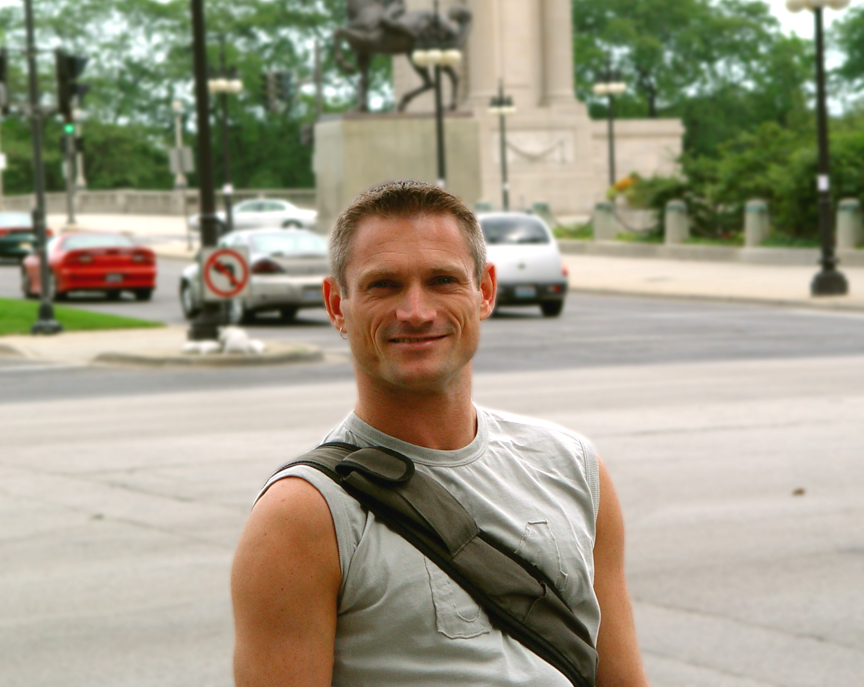
The theme for World AIDS Day 2023 is ‘Let Communities Lead’, and for me, a vital way of building confident communities who are capable of leading is empowerment through peer support.
On a personal level, I credit peer support in keeping me alive long enough through the 1990’s to be able to access effective HIV medication in 1996. After a slow return to health, all my work since then has been to provide and expand peer support opportunities.
Peer support is a process by which people have an opportunity to learn from the experiences of those who have dealt with the issue they are currently facing, in this case, an HIV diagnosis. It allows people to imagine greater possibilities than they might have felt were available to them and to share their hopes and anxieties in a supportive, non-judgemental environment. Peer support allows us to connect with people who are just like us when accessing specific groups (for women, gay men, young people, ethnic minorities etc.), but more importantly, it can bring together all those different individuals and help us better understand each other.
A shared experience in a diverse group has huge benefits in creating empathy and a sense of connection and community, allowing us to feel that we are all human and the same, despite all our diversity. It moves people from potential isolation into a space of community. In 1999, Dr Ian Williams, the Lead Clinician at the Bloomsbury Clinic, prioritised community leadership when he convened a workshop for clinic staff and patients to consider new models of care for the 21st century. This resulted in myself and a fellow patient launching the Bloomsbury Patient Network to have patients inform service improvements and innovations.
Our successful appeal to have in-house pharmacy provision for HIV medications led to a surge of interest in our work and we secured ‘Millenium Awards’ funding from the Greater London Authority, with training from the Kings Fund on developing community health programmes. In our case, that meant running groups and information sessions in the safe space of the clinic at a time when HIV charities were closing and when people with HIV were often cautious to visit an external HIV charity.

Successful workshops led us to suggest that peer support integrated within the clinic would be a logical and much-needed next step. Dr Williams agreed and in November 2003 I became the UK’s first paid HIV Patient Representative in the NHS.
I met every newly diagnosed patient at their first clinic appointment, so that potential anxiety about talking to others about HIV was removed and people were also able to ask questions of a peer (me) rather than just a clinician. I shared my experiences and according to need, signposted people to our in-house events and external HIV organisations who provided additional help and support. Within 18 months we had hired a second part-time Patient Representative so that there was full-time peer support available, and I promoted the in-house peer support model to clinics both in and outside London.
Though I moved on from that role after five years, the next 15 years of work at both Terrence Higgins Trust and Positively UK were focused on expanding national access to peer support by delivering an online peer support forum and accredited training for people to become peer mentors.
Some voluntary sector organisations had begun to provide clinic outreach in those years, but coverage was patchy and poorly funded. When Fast-Track Cities launched their Improvement Collaborative in 2020, they also prioritised community leadership and partnership with the NHS.
Three programmes evaluated ways to integrate in-clinic peer support, offering support to those who are (1) newly diagnosed, (2) at risk of dropping out of care or (3) had disengaged from care and treatment. Their success in engaging and re-engaging people with multiple disadvantages and challenges has led to the new Getting to Zero Grant Programme today, which aims to implement an in-clinic peer support offer across London, to improve wellbeing, quality of life and engagement in care for people with HIV.
In August 2023, I joined Transformation Partners in Health & Care, the organisation that manages the Fast Track Cities workstreams, to manage this new grant programme. It provides the greatest opportunity yet to genuinely and meaningfully embed peer support in HIV clinics across London. When funding for HIV care moves to ICBs in the coming years, we aim to categorically demonstrate that peer support workers are essential and cost-effective members of the multi-disciplinary team, providing the crucial psychosocial and navigation complement to the excellent medical care.
If we are to reach the 2030 goals of zero HIV transmissions, preventable deaths and stigma, peer support is a key component in all these threads. It is the lived experience that educates organisations via our HIV Confident Charter Mark, the reassurance of a signposting referral made by someone who has accessed those services themselves, and a means of engaging those who avoid healthcare because internalised and anticipated stigma has made them cautious about seeking life-saving treatment.
HIV care and support has been pioneered by and for people living with HIV in a way that delivers genuinely person-centred support. Our care and support model that prioritises and links voluntary and clinical sector support can be a template for other conditions and exactly the sort of joined up working that ICSs have been tasked with developing.
This World AIDS Day, as we reflect, remember, and celebrate people living with HIV and how far we have come, join us in embracing the ‘Let Communities Lead’ ethos. This means supporting peer-led initiatives for a more connected and compassionate approach to health. Let’s champion peer support as a fundamental pillar of care models to ensure a future free from HIV preventable deaths and stigma.
Garry Brough
Programme Manager, Fast Track Cities London
Garry Brough is a Programme Manager with Fast Track Cities London. He has been a HIV campaigner and activist for over 25 years, working in both the NHS and HIV voluntary sector, for charities such as National AIDS Trust, Positively UK and Terrence Higgins Trust.

